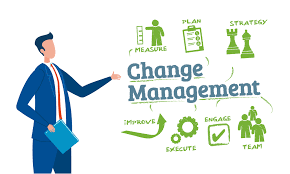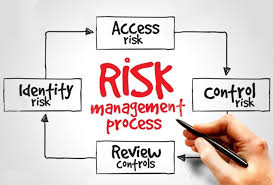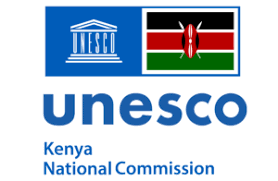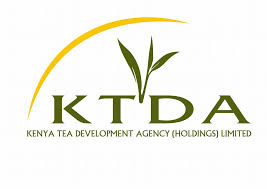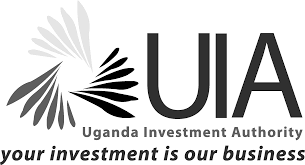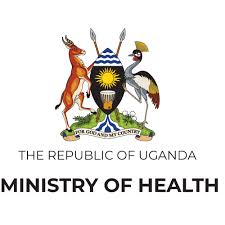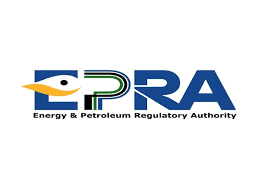
DATA AND RECORDS MANAGEMENT, 24 NOVEMBER - 28 NOVEMBER 2025 , NAIROBI ,KENYA
Records management services (RM), also known as Records information management or RIM, is the professional practice or discipline of controlling and governing what are considered to be the most important records of an organization throughout the records life cycle which includes from the time such records are conceived through to their eventual disposal. This work includes identifying, classifying, prioritizing, storing, securing, archiving, preserving, retrieving, tracking and destroying of records.
The purpose of records management is part of an organization's broader activities that are associated with the discipline or field known as governance, risk and compliance or (GRC) and is primarily concerned with the evidence of an organization's activities as well as the reduction or mitigation of risk that may be associated with such evidence. This course focuses on how to develop best practice record and data management. Efficient record and data management systems are essential for any organisation.
This course covers all aspects of record and data management related to understanding the processes involved, the guidelines that apply, the steps that need to be taken, best practice examples and easy reference templates for use, storage and retrieval of data.
PROGRAMME OBJECTIVES
- · Record and data management systems and the related processes
- · Overview of the guidelines that relate to record and data management
- · Record and data management: data, storage and retrieval aspects
- · Planning a storage and retrieval system
- · Implementing and maintaining a filing system
- · Guidelines for retention and disposal of records
- · Archiving and disposal of records
- · Practical tips and templates for use at work
- · Practical application to own work environment and related types of data that are worked with good administrative practices and processes
- · Using technology effectively for data management
- · Quality Management Systems.
WHO SHOULD ATTEND?
- Compliance Officers/Managers,
- Information Security Managers,
- Records Managers,
- Information Managers,
- Operations Managers,
- Knowledge Managers,
- Administrators,
- Librarians Registry personnel,
- Archivists Accounts Personnel,
- Data Managers,
- Risk Managers,
- project managers,
- Hr and Procurement Operational Management personnel,
- Information security professionals.
Qualified Teachers
Recognize Certificate
Affordable Training
Get A Free Registration!
Our Courses
Apart from your employees, your most vital business assets are your paper records and electronic data. A solid business strategy should place a huge emphasis on the efficient management and protection of these assets.
Records Management Services
EFFECTIVE BUSINESS COMMUNICATION AND COLLABORATION WITH DIGITAL TOOLS, 15 SEPTEMBER-19 SEPTEMBER 2025 , ARUSHA, TANZANIA.
- Discount10%
- Duration1 Week
Information Governance Solutions
DATA GOVERNANCE, PRIVACY WITH GENERAL PROTECTION REGULATION 22 SEPTEMBER-26 SEPTEMBER 2025 ,ARUSHA TANZANIA
- Discount10%
- Duration1 Week
Records Management Services
DATA GOVERNANCE, PRIVACY WITH GENERAL DATA PROTECTION REGULATION (GDPR) MASTERCLASS 08TH SEPTEMBER -12TH SEPTEMBER 2025 ,NAIROBI
- Discount10%
- Duration1 Week
Records Management Services
EXECUTIVE LEADERSHIP IN ARTIFICIAL INTELLIGENCE (AI) SYSTEMS 27 OCTOBER -31 OCTOBER 2025, KAMPALA, UGANDA
- Discount10%
- Duration1 Week
Records Management Services
OFFICE MANAGEMENT SPECIALIST25 -29 AUGUST 2025, NAIROBI, KENYA
- Discount10%
- Duration1 Week
Records Management Services
ORGANIZATIONAL AND CHANGE MANAGEMENT, 25 - 29 AUGUST 2025 , ARUSHA TANZANIA
- Discount10%
- Duration1 Week
Records Management Services
FUNDAMENTALS OF RISK MANAGEMENT 1 SEPTEMBER-05 SEPTEMBER 2025 , NAIROBI, KENYA.
- Discount10%
- Duration1 Week
Records Management Services
STRATEGIC ACCOUNT MANAGEMENT IN THE DIGITAL AGE 20 OCTOBER-24OCTOBER 2025 ,KIGALI ,RWANDA
- Discount10%
- Duration1 Week
Knowledge Management Solution
KNOWLEDGE MANAGEMENT 01 DECEMBER -05 DECEMBER 2025 MOMBASA,KENYA
- Discount10%
- Duration1 Week
Records Management Services
CONFLICT MANAGEMENT AND RESOLUTION 05 OCTOBER-10 OCTOBER 2025 DARES SALAAM,TANZANIA
- Discount10%
- Duration1 Week
Records Management Services
PROJECT RISK ANALYSIS & MANAGEMENT, 17 NOVEMBER-21 NOVEMBER 2025 , ENTEBBE UGANDA
- Discount10%
- Duration1 Week
Records Management Services
DATA AND RECORDS MANAGEMENT, 24 NOVEMBER - 28 NOVEMBER 2025 , NAIROBI ,KENYA
- Discount10%
- Duration1 Week









